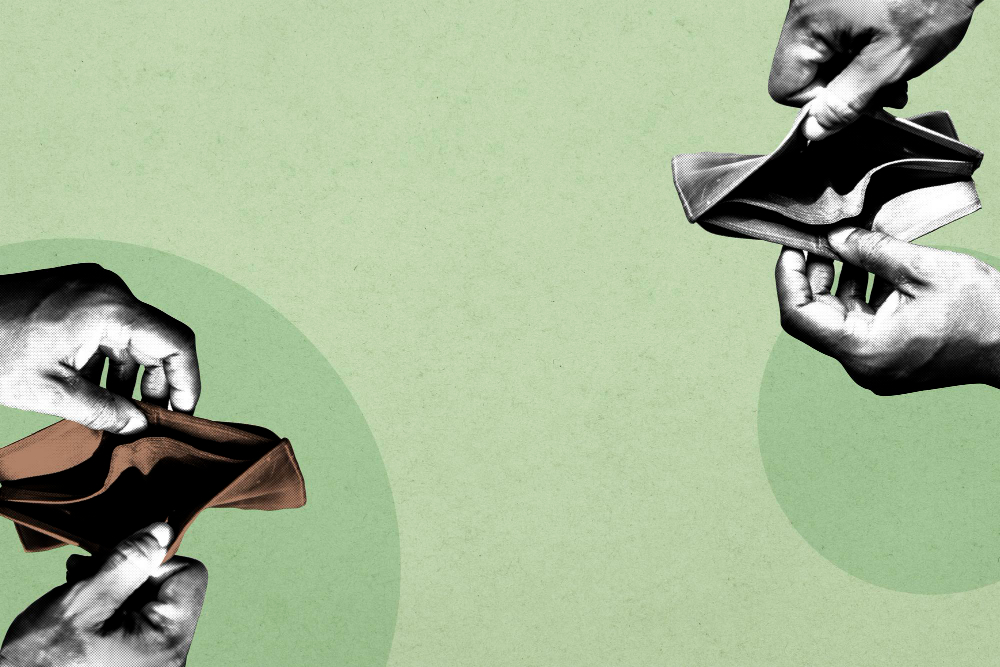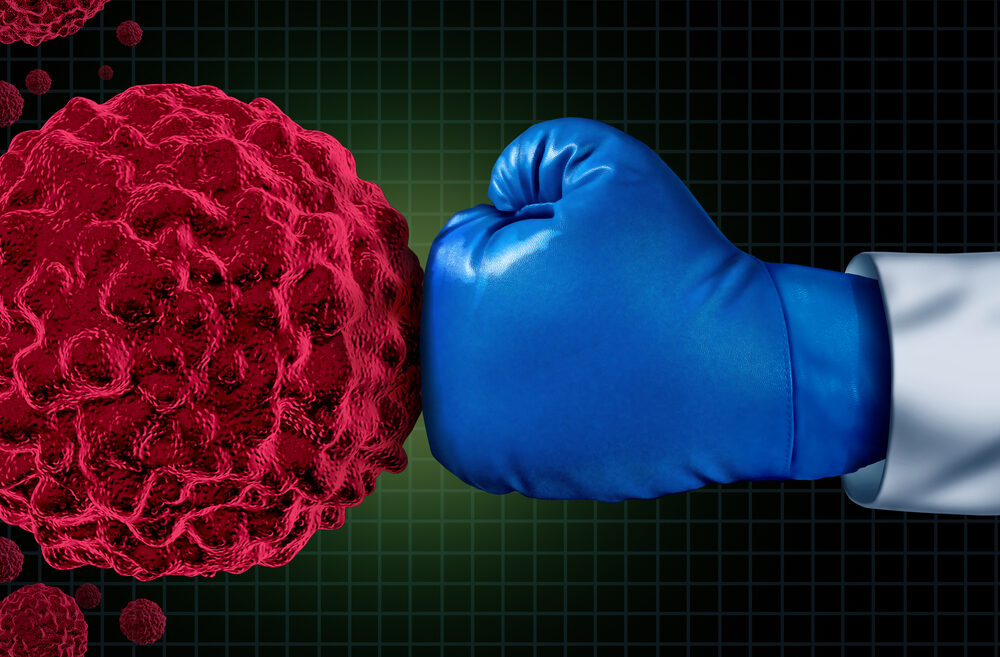
Student loans can be your ticket to higher education, but they come with their own set of complexities. Let’s delve into the world of student loans and unravel the essential information every borrower needs to know.
Essential Student Loan Information for Borrowers
What Are Student Loans?
Student loans are financial aids specifically designed to help students cover the costs of higher education, including tuition fees, books, and living expenses. These loans are offered by the government and private lenders.
Types of Student Loans
1. Federal Loans: These loans are funded by the government and offer benefits like fixed interest rates and income-driven repayment plans.
2. Private Loans: Offered by banks or other financial institutions, private loans often have variable interest rates and fewer borrower protections compared to federal loans.
3. Subsidized vs. Unsubsidized Loans: Subsidized loans don’t accrue interest while the borrower is in school, whereas unsubsidized loans start accruing interest immediately.
How to Apply for Student Loans
Navigating the application process for student loans can seem daunting, but it doesn’t have to be. Here’s a step-by-step guide:
1. Fill out the FAFSA: The Free Application for Federal Student Aid (FAFSA) is the gateway to federal financial aid, including grants, work-study, and loans.
2. Research Loan Options: Explore different loan options, compare interest rates, and understand the terms and conditions before making a decision.
3. Submit Applications: Once you’ve decided on the loans you want, submit your applications along with any required documentation.
Managing Student Loan Debt
Taking on student loan debt is a significant responsibility, but there are strategies to manage it effectively:
1. Create a Budget: Track your expenses and income to ensure you can afford your loan payments.
2. Explore Repayment Plans: Federal loans offer various repayment plans, including income-driven options that adjust your monthly payment based on your income.
3. Consider Loan Forgiveness Programs: Some professions, such as teaching or public service, may qualify for loan forgiveness programs, which can help alleviate some of your debt burden.
Consequences of Defaulting on Student Loans
Defaulting on your student loans can have serious repercussions, including:
1. Damage to Credit Score: Defaulting can significantly impact your credit score, making it harder to secure loans in the future.
2. Wage Garnishment: The government can garnish your wages to collect on defaulted loans, reducing your disposable income.
3. Legal Action: Lenders can take legal action against you to recover the outstanding balance, leading to additional fees and penalties.
Conclusion
Navigating the world of student loans can be overwhelming, but armed with the right information, you can make informed decisions about your education and finances.
FAQs (Frequently Asked Questions)
1. Can I get student loans with bad credit?
Yes, you can still qualify for federal student loans regardless of your credit history.
2. What is the difference between subsidized and unsubsidized loans?
Subsidized loans do not accrue interest while you’re in school, whereas unsubsidized loans start accruing interest immediately.
3. How do I know if I qualify for loan forgiveness programs?
Qualification for loan forgiveness programs varies depending on factors such as your profession and repayment plan. It’s best to check with your loan servicer for eligibility criteria.
4. What happens if I can’t afford my student loan payments?
If you’re struggling to make your payments, contact your loan servicer immediately to explore alternative repayment plans or options for temporary relief.
5. Can student loans be discharged in bankruptcy?
While it’s possible to have student loans discharged in bankruptcy, it’s extremely difficult and rare. You would need to prove undue hardship, which is a high standard to meet in court.




